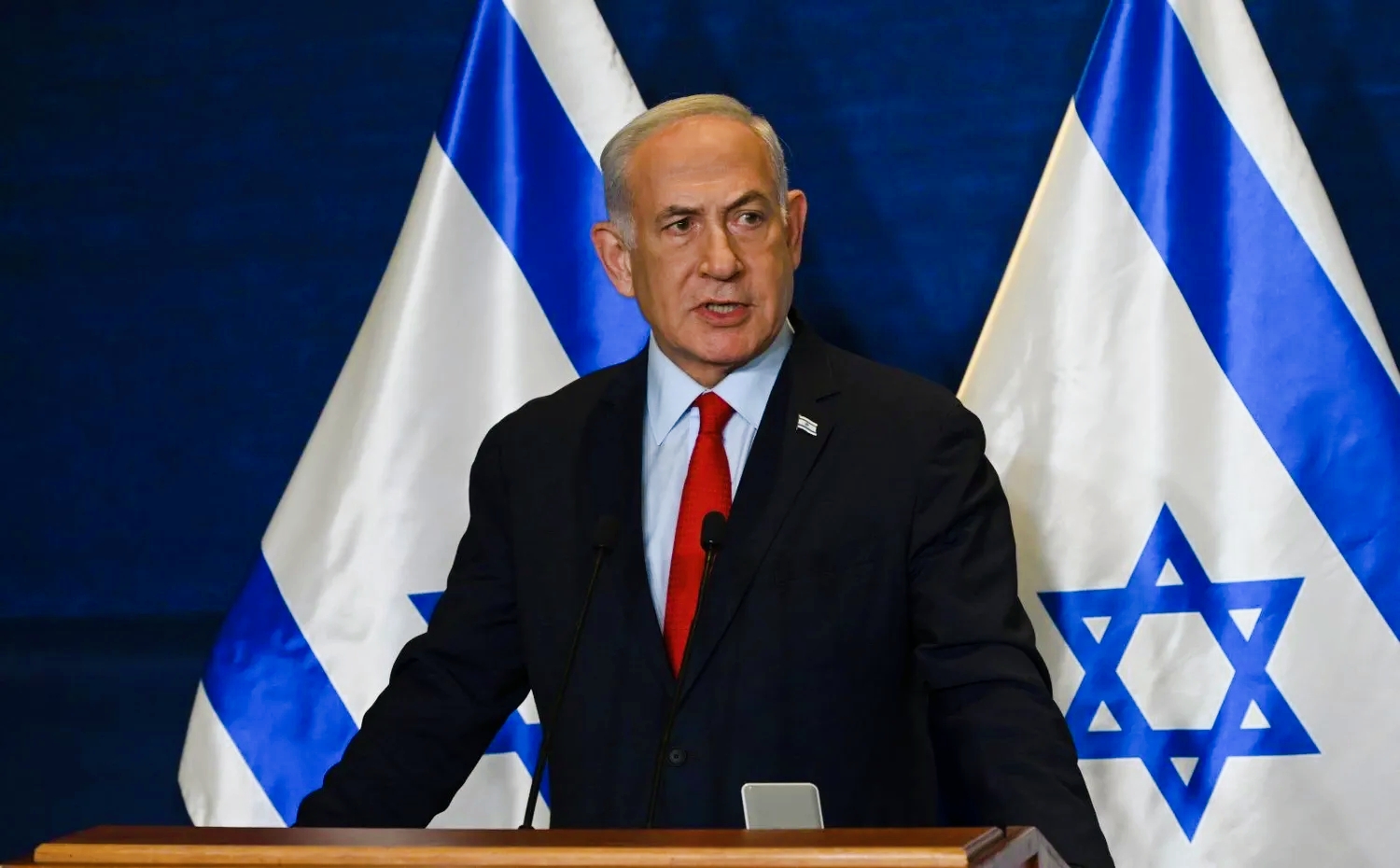The office of Israeli Prime Minister Benjamin Netanyahu announced that Israel rejects the amendments proposed by Hamas to the Qatari proposal regarding a ceasefire agreement in Gaza, describing them as "unacceptable" and deviating from the basic conditions set by Israel.
Nevertheless, the office confirmed that an Israeli negotiating team will head to Doha on Sunday to continue discussions on the ceasefire.
Meanwhile, the "Maariv" newspaper revealed that the Israeli Cabinet discussed proposals recently to manage the humanitarian situation in Gaza, including encouraging residents to move south and transforming the Rafah area into a "humanitarian aid zone."
Netanyahu also requested the Israeli army to present a comprehensive action plan regarding the Rafah crossing by next Thursday.
These moves come amid international efforts to end the war, while Palestinian factions insist on demands including a complete withdrawal from the sector and guarantees against the renewal of aggression.
Negotiations will take place in Doha on the eve of a meeting between US President Donald Trump and Netanyahu at the White House, where they will discuss the ceasefire and the release of Israeli prisoners.
The US side proposes extending the ceasefire beyond 60 days if negotiations continue in good faith, but Hamas rejects this condition, fearing it could be used as a pretext by Netanyahu to resume the war, as happened in March following a violation of the January agreement.
The movement calls for continuing negotiations until a permanent agreement is reached, which Israel rejects out of fear of procrastination.
Hamas also demands the resumption of humanitarian aid through mechanisms supported by the United Nations and relief organizations, instead of the US and Israeli-backed "Gaza Humanitarian Foundation."
It also calls for the Israeli army to withdraw from areas it controlled after the ceasefire collapsed in March and return to its previous positions, including the "Morag Axis" in southern Gaza.
Israel refuses to abandon areas like the "Morag Axis" and the "Philadelphia Axis" on the border with Egypt, while intermediaries continue to press for maintaining the current agreement formula, with technical details to be finalized later such as the number and identity of Palestinian prisoners to be released and maps of the Israeli army's withdrawal.
Israel links the end of the war to disarming Hamas and the exile of its leaders, two demands that the movement rejects, keeping the possibility of a resumption of fighting strong.

